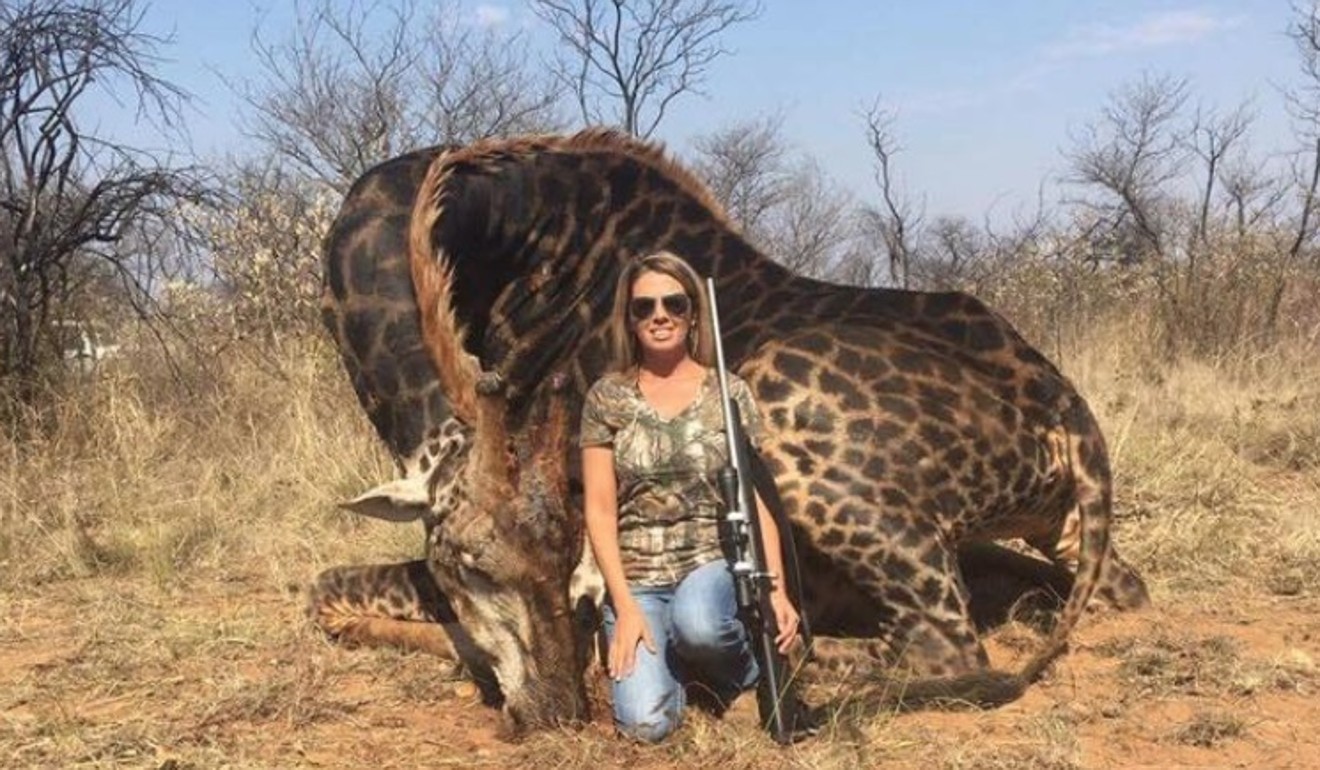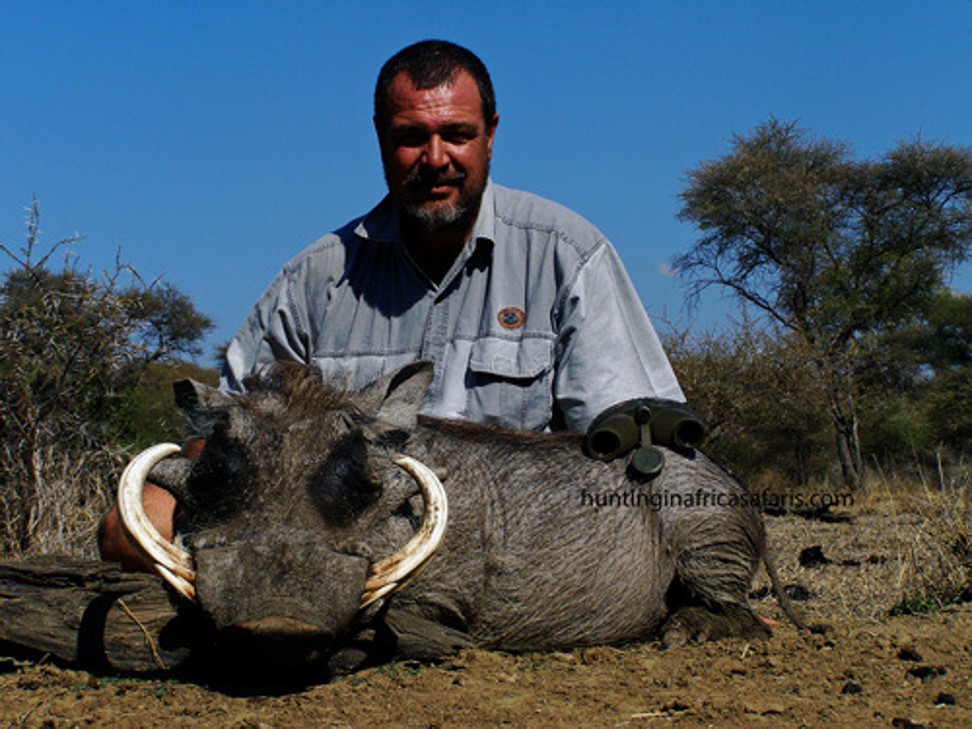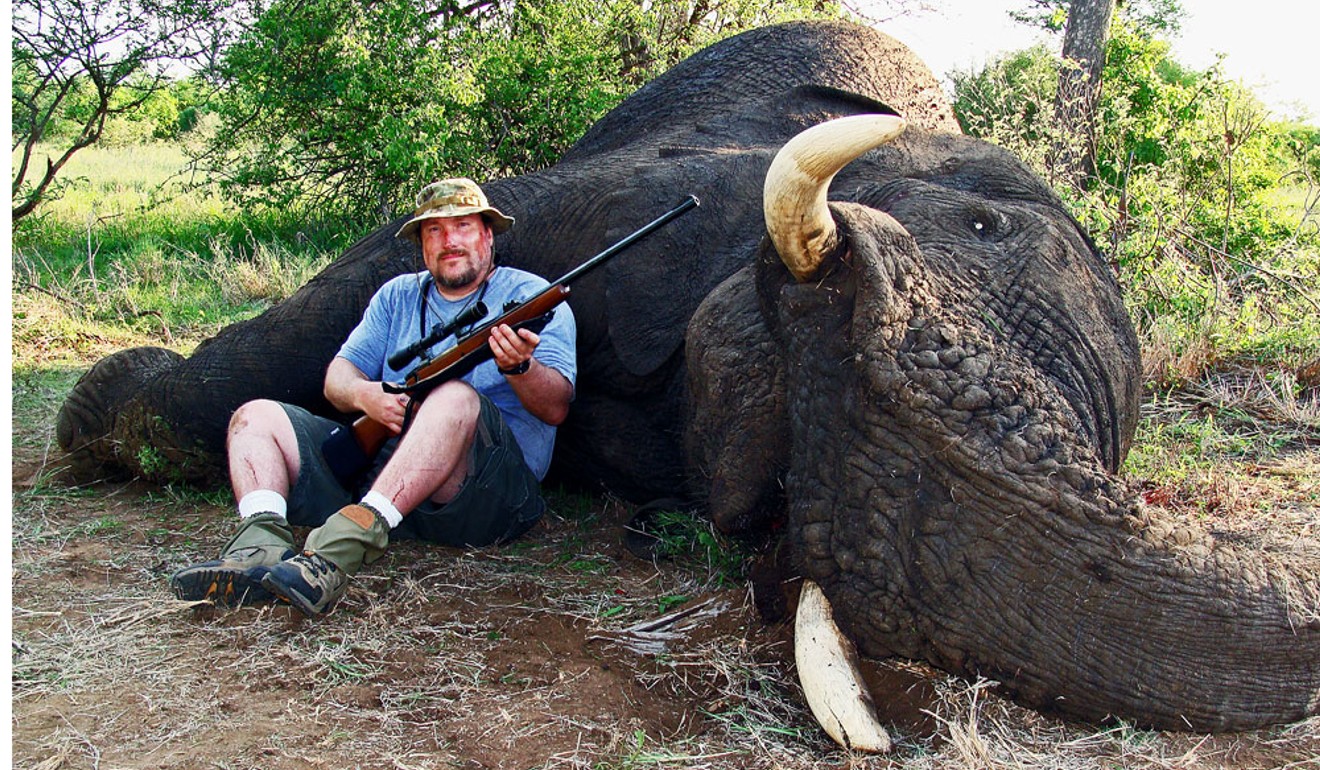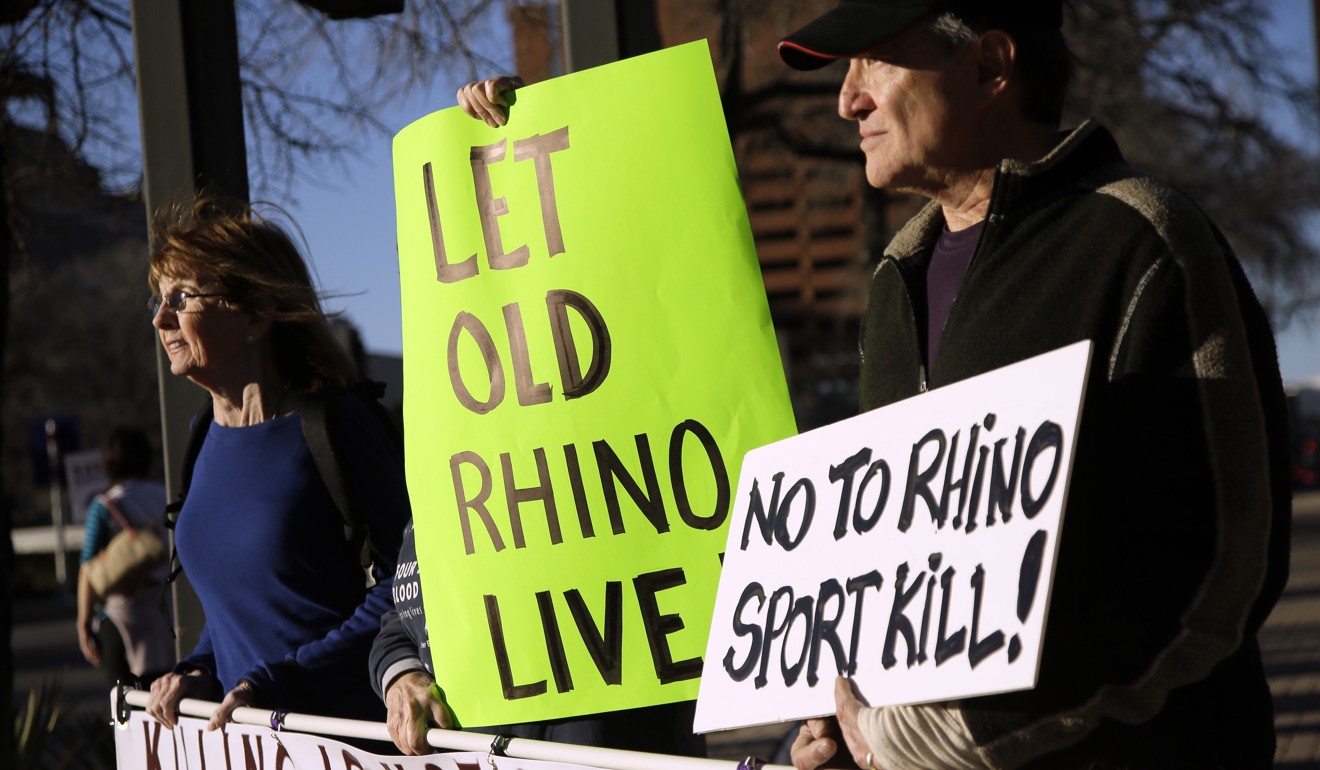
Animal-loving cricketer’s anti-hunting tweet sparks online debate – do ‘managed safaris’ actually help conservation?
- Former England captain Kevin Pietersen urges his followers to help shut down a safari company
- Pro-hunters say killing for sport, if managed wisely and ethically, helps to protect species
Former England cricketer and animal activist Kevin Pietersen’s recent social media call to shut down a South African safari company has once again brought the debate about organised hunting as a form of conservation to the fore.
Pietersen, who played 104 tests for England scoring 8,181 runs at an average of 47.28, exchanged Twitter barbs with someone using the name Shaun Lewis, who held the view that hunting actually helped conservation.
The 38-year-old South Africa-born Pietersen called on his 3.7 million followers to bring down outfitters Stone Hunting Safaris, which organises hunting packages in Ethiopia, Namibia, South Africa, Tanzania and Zambia, targeting a number of animals including lions, rhinoceroses and leopards.
Referring to the owner of the business, Pietersen tweeted: “His email is there for if you want to tell him what we think of him...! He KILLS lions, elephants, rhinos. Let’s get his business SHUT DOWN?!”
To which Lewis responded: “Kev you making kak with these ppl. Hunters contribute to conservation. Firstly engage with these ppl then make up your mind. Or are you going to employ all the farm workers, skinners and trackers?”
Pietersen replied: “Where’s the contribution? Until you show me where it is and the difference it’s making I’ll listen! It’s very easy to just say it contributes. PROVE IT!”
“You have to look at it holistically, the jobs provided,” Lewis then wrote. “The money generated pays for the fences, diesel for vehicles to patrol the area. Blesbuck population was around 2000 in 1900’s. Now over 250k. 93% of them on private land.”
The conversation continued with Pietersen saying he was referring to trophy hunters while Lewis – who agreed that lions, leopards and rhino should be off limits – said meat from elephant kills are distributed and consumed.

Last year, American trophy hunter Tess Thompson Talley was heavily criticised after she posted pictures of her in front of a black giraffe she had killed while on a hunt in Africa the previous year. However, she hit back, saying the animal was not rare and she was contributing to conservation. Facebook is a popular platform for users to post pictures of hunters in front of dead animals and flood them with abuse.
Stone was contacted by the South China Morning Post for comment but is yet to respond.
However, Pieter Kriel, of Mkulu African Hunting Safaris, said hunting played an important part in conservation.
“As hunters, we firmly believe in hunting as a conservation tool,” Kriel, who describes his outfit as law-abiding, professional and ethical hunters, told SCMP. “Once you add value to a sustainable natural resource such as wildlife, livestock, vegetables, maize, etc the owner of that resource will take care of the resource and make sure he will have maximum yield over maximum time.

“Beef is farmed, yet the farmer does not sell all his stock at the same time because the farmer wants to generate an income every year. Same applies for hunting. Not a single farmer allows all his animals to be hunted in a season, yet the old animals need to pay their way on the property, so to speak.
“This means the income generated from hunting animals helps to pay for wages, property taxes, running costs and so on. To ensure sustainability, landowners manage their wildlife numbers on scientific, economic and common sense principles.
“Today, in South Africa, there are two to three times more game animals on private land than on all national parks combined in this country. Yes, I am convinced hunting helps conservation.”
Responding to the likes of Pietersen, who say hunting is a form of cruelty, Kriel said the killing of animals for sport will never be without controversy.

“For those who did not grow up with hunting, surely it will remain an issue,” Kriel said. “However, in many cultures across the world, hunting has always been a way and means to sustain families. We grew up hunting and still utilise the meat from a hunt on our tables.
“We pay for the hunt. The economic value of wildlife pays for jobs on the hunting properties. The income generated from hunting further promotes the sustained conservation of the same animals that are hunted.
“As to being cruel ... as a hunter, I perceive it cruel when a pack of African wild dogs catch up to a wildebeest (after chasing it for 15 minutes) and start eating it while still alive. Imagine the pain and suffering of the wildebeest?
“Hunters never try to inflict undue pain on any animal they hunt.”

According to National Geographic, around 18,000 trophy hunters visit southern and eastern Africa each year, contributing almost US$440 million to the region’s GDP.
While several studies indicate managed hunting is beneficial to conservation, not everyone agrees. Masha Kalinina, of the Humane Society International, expressed concerned when the United States government under president Donald Trump paved the way for trophy hunting and some African countries laid out the welcome mat.
“It’s time to bust the myth that killing for kicks helps conservation in any significant way at all; it simply doesn’t,” Kalinina was quoted as saying. “And by allowing US hunters to kill South Africa’s iconic species, South Africa is boosting the coffers of a powerful US organisation that instead threatens global wildlife. The South African public should be seriously concerned.”

Lion Aid co-founder Pieter Kat told The Guardian that well-managed hunting operation may in theory help to preserve species and bring in revenue, though he added that this is rarely the case.
“I would say there are some examples, but it largely depends on the honesty of the hunting operators. By far the largest majority of people that are in the hunting profession are not doing it out of any form of conservation. They are in it for the money,” said Kat.
Experts also say that the cruelty factor is never diminished no matter how organised the hunt, with many animals wounded after being shot, running away and left to die a painful death. They say the fact that the animals do suffer is enough reason to ban hunting altogether, whether it helps conservation or not.

